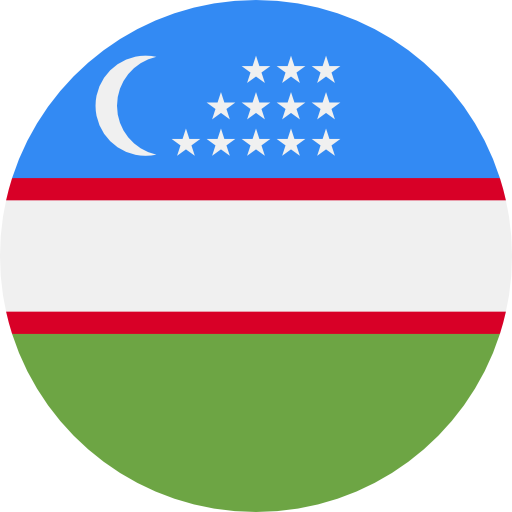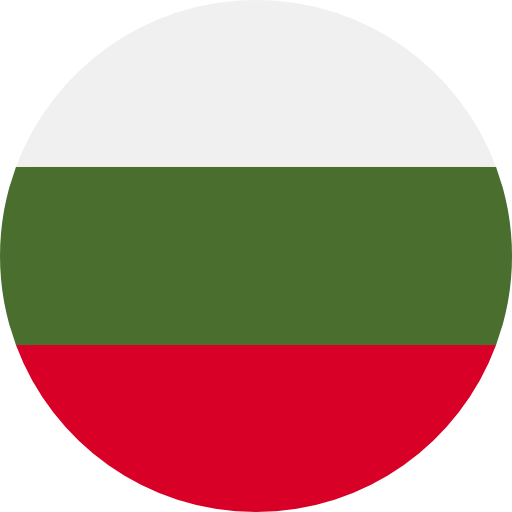25.11-26.11.2023
-
Email:
sociosphere@yandex.ru
sociosfera@seznam.cz -
Телефон:
sociosphere@yandex.ru
sociosfera@seznam.cz
Title conferences
XII international scientific conference
History, languages and cultures of the Slavic peoples: from origins to the future
Languages
-
 Russian
Russian
-
 English
English
-
 Czech
Czech
- Polish.
Date of the event
Deadline
Applications for participation in the conference and the texts of reports are accepted до 20.11.2023
Payment is accepted until 25.11.2023
Form of the event
The form of the conference is correspondence (this is not reflected in the collection).
Collections and diplomas
Всем авторам отправляются электронные сборники материалов и дипломы участников бесплатно.
- Vědecko vydavatelské centrum «Sociosféra-CZ»
- Faculty of Business Administration, University of Economics in Prague
- The College of European and Regional Studies
- Penza State Technological University
- Penza State University
-
Art studies
-
History
-
Culturology
-
Philology
-
Philosophy
History, languages and cultures of the Slavic peoples: from origins to the future : materials of the XII international scientific conference on November 25–26, 2023. – Prague : Vědecko vydavatelské centrum «Sociosféra-CZ», 2023.
- Sergey N. Volkov, doctor of philosophy, professor, head of philosophy department in Penza State Technological University.
- Viktor V. Kondrashin, doctor of historical sciences, professor of Penza State University.
- Miroslav Sapik, PhD, assistant professor, The College of European and Regional Studies.
- Eva Kashparova, PhD, research associate at University of Economics in Prague.
- Bozhena Ivanovska, doctor of arts in the field of social science in the Institute of philosophy and sociology of Polish Academy of Sciences.
- Natalia V. Osipova, candidate of sociological sciences, assistant professor of Penza State Technological University.
- 1. Theoretical-methodological and philosophic basis and research problems of Slavic ethnicity and culture.
- 2. Problems of Slavic origin and ancestral homeland in special disciplines and interdisciplinary researches.
- 3. The epoch of «the great migration of the Slavs» and division into three subgroups of the Slavs.
- 4. Problems of state organization of Slavic nations.
- 5. Socio-economic and political development of Slavic countries: common and special.
- 6. International relations in Slavic world: historical retrospective and current processes.
- 7. Origins of spiritual culture of the Slavs. Genesis of paganism and the expansion of Christianity. Phenomenon of dual faith.
- 8. Religion and unreligious culture of Slavic countries in modern and contemporary history.
- 9. Ethno-cultural and ethno-confessional relations in Slavic world: intro-social and inter-social aspects.
- 10. Languages and linguistic culture of Slavic nations as the reflection of their ethno-cultural consciousness.
- 11. Interlinguistic contacts of Slavic and other nations.
- 12. Current issues of Slavic folkloristics, ethnography and ethnology.
- 13. Literature and art of Slavic nations: dialectics of authentic and imposed, national and universal.
- 14. Problems of Slavic minorities, diasporas and immigrant communities.
- 15. Sociocultural and axiological basis of Slavic integration.
- 16. Teaching Slavonic languages, inclusion to historical-cultural heritage of Slavic nations.
- 17. Varia (other topics are accepted as long as they correspond to the main subject of the conference).
- Page Format:
- А4 (210x297 mm);
- Fields:
- top, bottom and right - 2 cm, left - 3 cm;
- Interval:
- one and a half;
- Indentation:
- 1.25;
- Size (point size):
- 14;
- Font:
- Times New Roman;
- Style:
- Normal
| Publication cost | For Russian authors | For foreign authors | ||
|---|---|---|---|---|
| For 1 full (incomplete) page is | 200 rubles | 200 rubles | ||
| Translate abstract and keywords from Russian into English | 200 rubles | 200 rubles | ||
| Electronic version of the collection | free | free | ||
| Electronic Diploma | free | free | ||
| Print version of the collection | mailing | by simple letter | 500 rubles | 1200 rubles |
| by registered mail | 600 rubles | 1500 rubles | ||
| Printed Diploma | when ordering a collection | 200 rubles | 200 rubles | |
| no collection order | by simple letter | 200 rubles | 800 rubles | |
| by registered mail | 300 rubles | 1000 rubles | ||
History, languages and cultures of the Slavic peoples: from origins to the future
К-11.25.23
25.11-26.11.2023



 Uzbek.
Uzbek.
 Bulgarian,
Bulgarian,